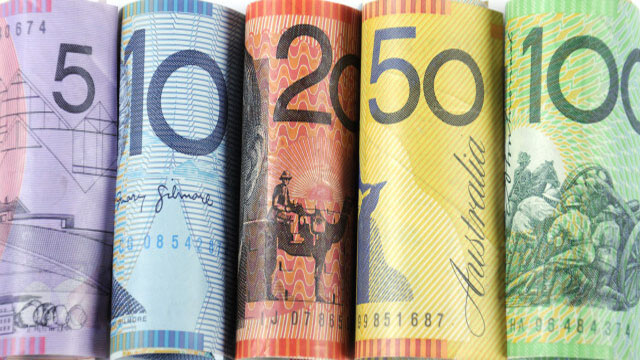The Australian Dollar (AUD) is gaining ground against the US Dollar (USD), buoyed by an increased speculation that the US Federal Reserve may enact a substantial 50 basis points interest rate cut in its upcoming meeting. Traders are also anticipating key employment data from Australia later this week, which may provide further insights into the health of the domestic labor market and its potential impact on monetary policy.
Supporting the Australian Dollar is the hawkish stance taken by the Reserve Bank of Australia (RBA). Despite the prevailing inflationary pressures, RBA officials argue that it is premature to consider making interest rate cuts at this point. Current indications suggest that while the Australian labor market remains tight, wage growth has likely peaked and is expected to decelerate.
Conversely, the US Dollar is feeling the strain as yields on US Treasury bonds decline, amidst uncertainty regarding the magnitude of the anticipated Fed rate cut. Recent market analysis shows an almost even split in expectations, with a slight majority anticipating a 50 basis points cut. In addition, consumer sentiment in the US has shown improvement, with the University of Michigan’s index reaching a four-month high, suggesting a renewed optimism among consumers about the economy.
China’s economic performance is also a point of concern, with August retail sales growing at a slower pace than expected. This slowdown could have ripple effects for Australia, given their close trade ties. Additionally, the Chinese economy continues to grapple with declines in industrial activity and real estate prices, leading to mounting pressure for increased government spending.
On the economic front, the U.S. Producer Price Index (PPI) recently surpassed forecasts, indicating rising wholesale prices, while Australia’s consumer inflation expectations have slightly eased. Technical analysis reveals that the AUD/USD pair is testing resistance around the 0.6700 level. A successful breakout here could signal a shift towards a bullish trend, potentially pushing the pair toward its seven-month high. Conversely, a retreat below the nine-day Exponential Moving Average may reinforce bearish sentiment and direct the pair lower.
